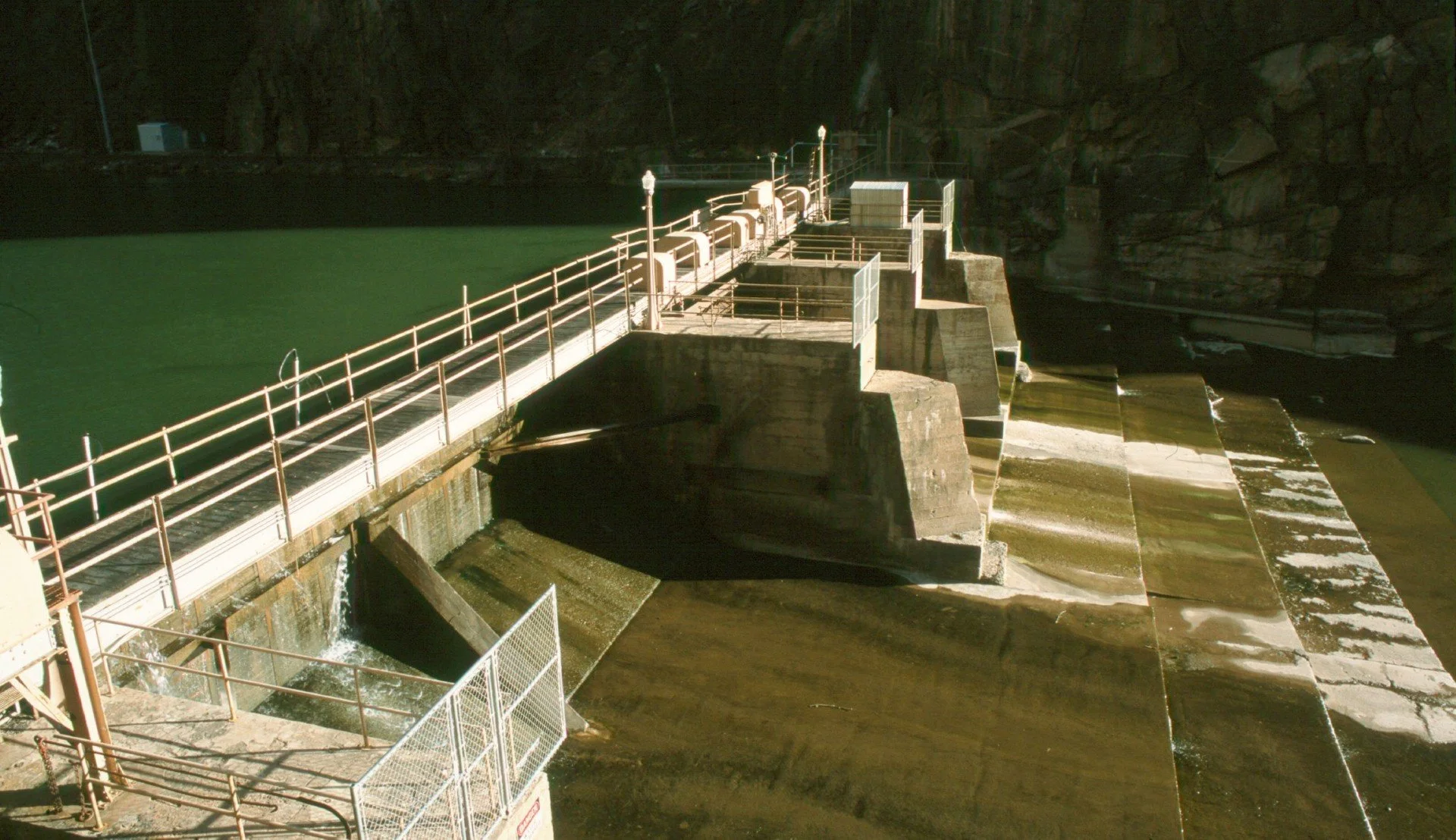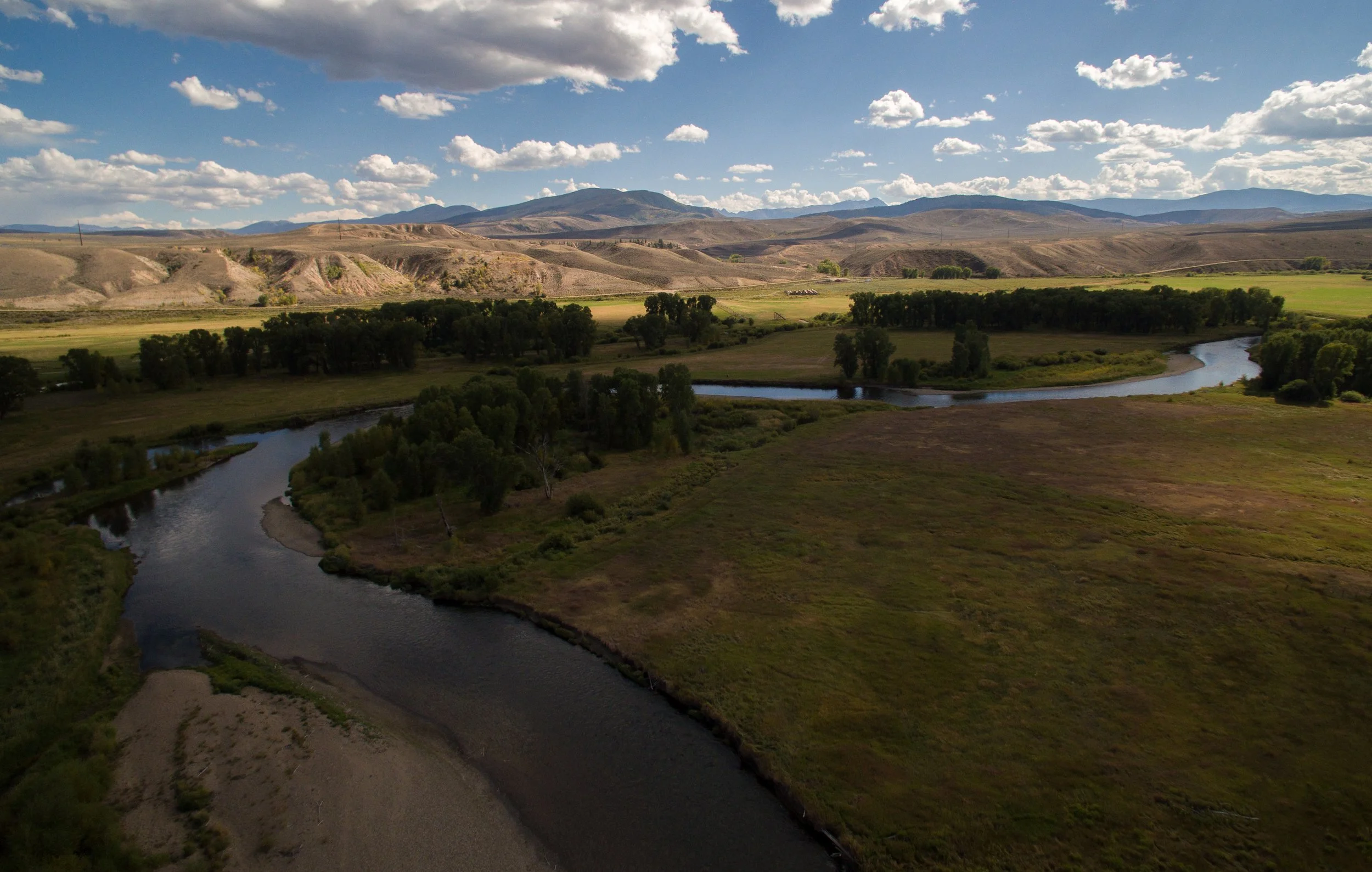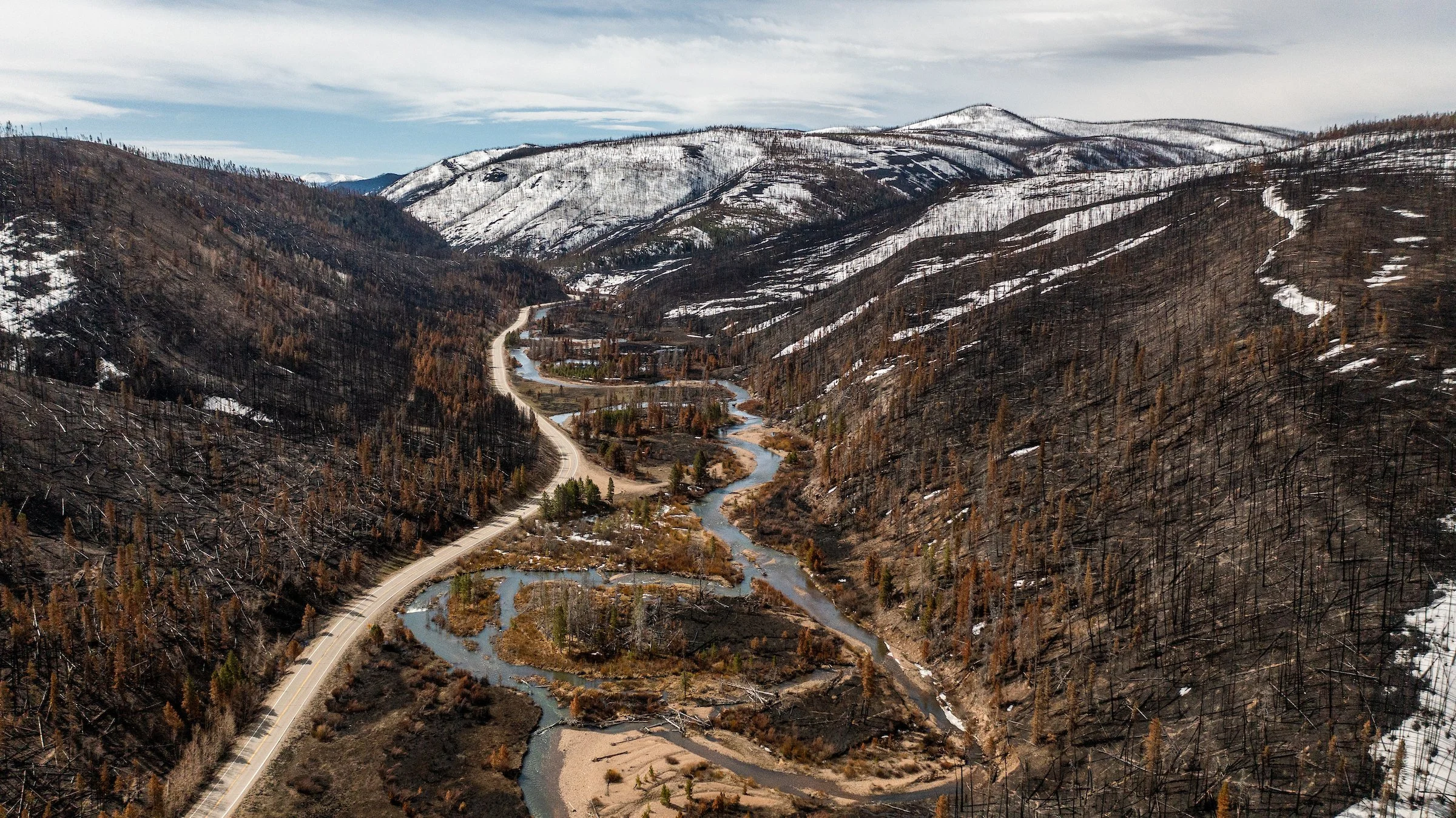The Dolores River offers world-class hunting and fishing opportunities but faces threats from industrial-scale mining, habitat fragmentation, climate change, and unmanaged recreation.
FOR IMMEDIATE RELEASE
Contacts:
Jay Chancellor, Trout Unlimited, jay.chancellor@tu.org, 720-484-9247
Kaden McArthur, Backcountry Hunters & Anglers, mcarthur@backcountryhunters.org, 435-770-3774
Today, Trout Unlimited and Backcountry Hunters & Anglers launched Sportsmen for the Dolores, representing anglers and hunters across Colorado. The purpose of this coalition is to conserve fish and wildlife habitat, as well as sustain sporting opportunities, on Bureau of Land Management and National Forest Service lands in the Dolores River watershed. The Dolores River offers world-class hunting and fishing opportunities but faces threats from industrial-scale mining, habitat fragmentation, climate change, and unmanaged recreation.
The Dolores River watershed provides habitat for big game species including elk, mule deer, and desert bighorn sheep and includes some of the most sought-after hunting units in the state. Tributaries of the Dolores River hold wild trout populations as well as native Colorado River cutthroat trout. The Dolores River, a tributary of the Colorado River, weaves for 241 miles from south to north.
Sportsmen for the Dolores supports the Dolores River National Conservation Area and Special Management Area Act, championed by Senators Bennet and Hickenlooper along with Representative Boebert. This legislation would conserve nearly 70,000 acres of public lands, which would be managed to enhance fishing and hunting opportunity. Further north along the Dolores River a national monument designation is currently being discussed and vetted. When created with the input of sportsmen and sportswomen, national monuments are an effective tool for protecting areas important to hunting and fishing on federal public land.
Sportsmen for the Dolores seeks to permanently conserve the Dolores River watershed, critical to retaining its high-quality sporting values. The coalition supports a national monument designation as a means to achieve that conservation goal and is committed to ensuring a final Dolores Canyons National Monument aligns with principles outlined in National Monuments: A Hunting and Fishing Perspective, to receive the support of hunters, anglers, and sporting businesses. These principles include creating monuments that safeguard fish and wildlife habitat, maintain reasonable public access for hunting, fishing and wildlife management, and provide assurance that authority over fish and wildlife populations will be retained by state management agencies.
Jay Chancellor, Colorado Campaign Manager for Trout Unlimited, said, “After decades of trying to protect the Dolores River, now is the time for action. The Dolores River represents one of the largest angling and hunting conservation opportunities in Colorado.”
Craig Grother, Colorado Backcountry Hunters & Anglers Board Member/Central West Slope Regional Director/Norwood resident, said “Healthy, intact public lands are essential to sustaining and improving hunting and fishing opportunities. More than one million hunters and anglers enjoy the pursuit of fish and game in Colorado each year, and the conservation of these wild landscapes is critical for many who rely on them for their sporting traditions.
###
Trout Unlimited is the nation’s oldest and largest coldwater fisheries conservation organization dedicated to caring for and recovering America’s rivers and streams so our children can experience the joy of wild and native trout and salmon. Across the country, TU brings to bear local, regional, and national grassroots organizing, durable partnerships, science-backed policy muscle, and legal firepower on behalf of trout and salmon fisheries, healthy waters, and vibrant communities.




















